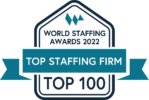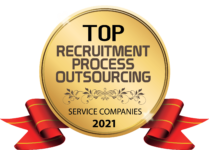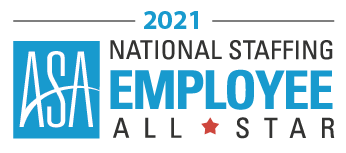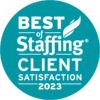From career advice to life hacks, the Integrity Staffing Blog is the ultimate resource for helping you thrive in work and at life. Here’s what’s trending:
Like what you’re reading? Get the Integrity Staffing Blog delivered!
Sign up for our newsletter and we’ll deliver the latest career advice, job search tips and more, right to your inbox each month! Bookmark this page, subscribe for a regular dose of delight, and get ready to elevate your career.
Trending Content
Job Alerts
Have you created your Integrity talent profile yet?
Activate your account and customize your profile today so you can receive job opportunities right in your inbox.

Integrity Newsletter
Fill your inbox with Integrity insights.
Get the latest trends in talent management, HR and resources to support your quest for the most productive workforce you can hire.

















